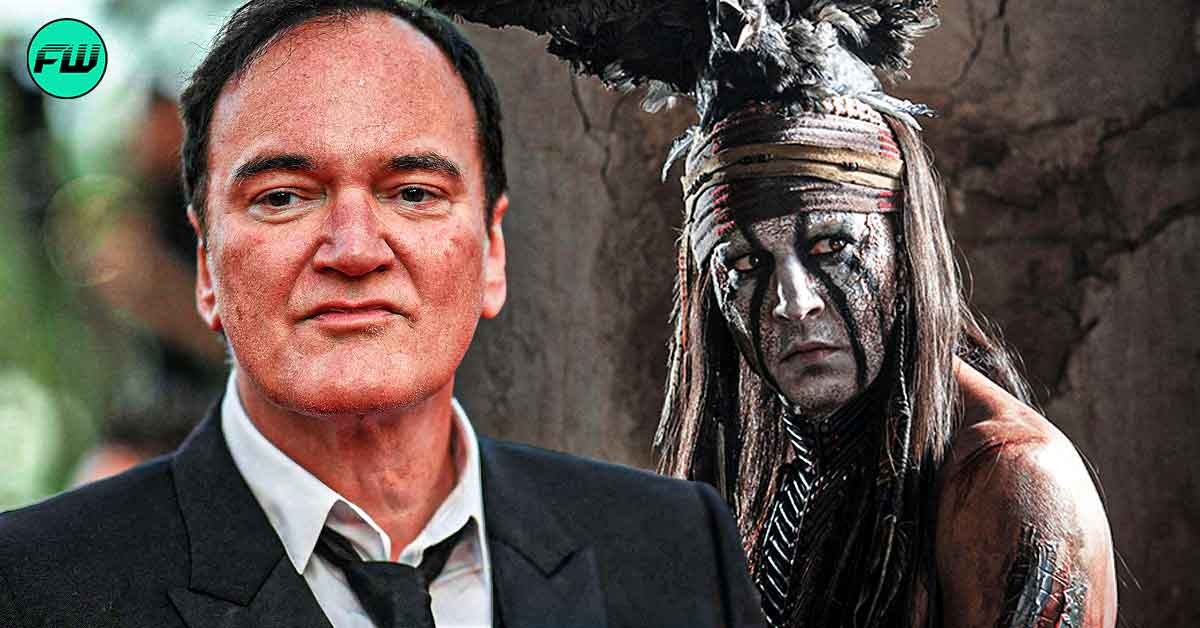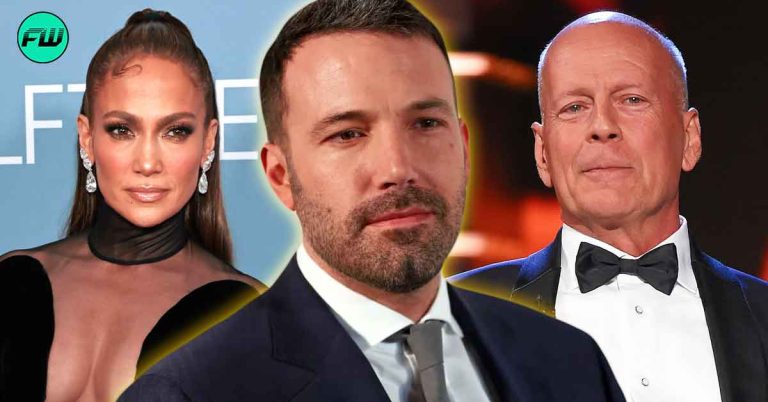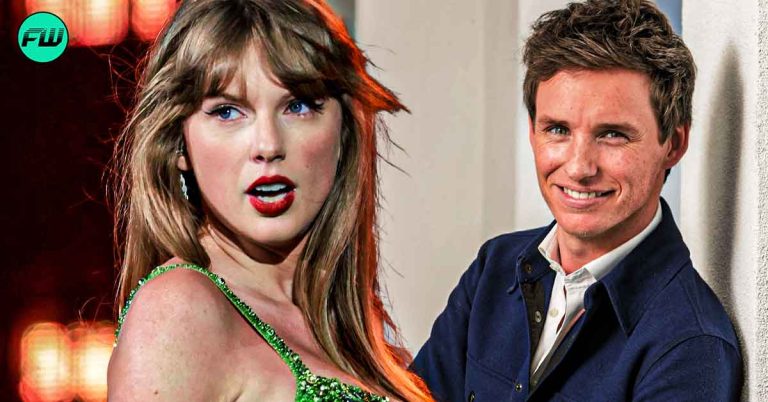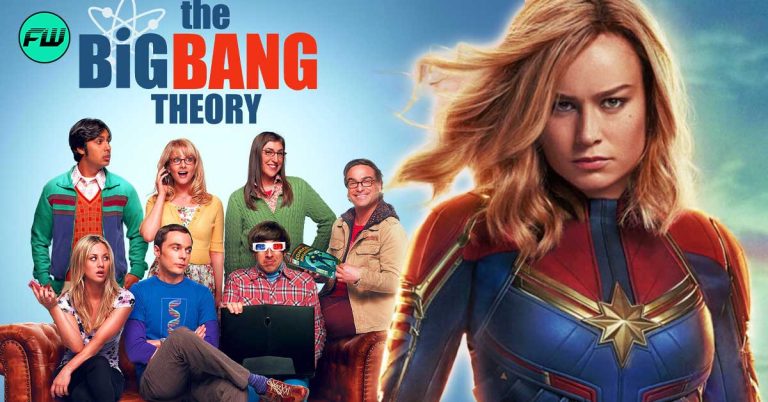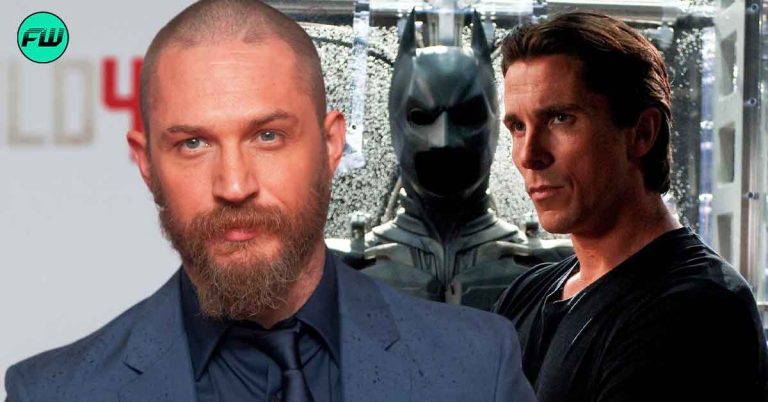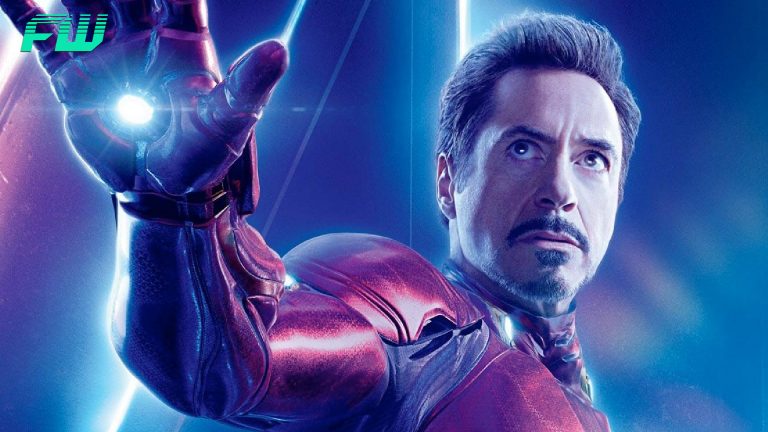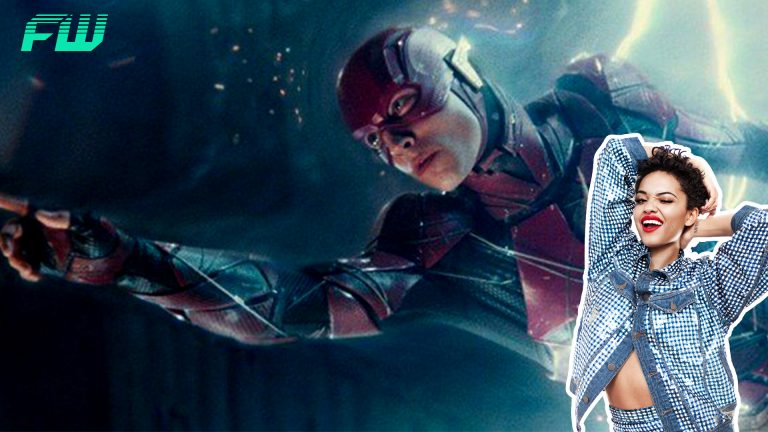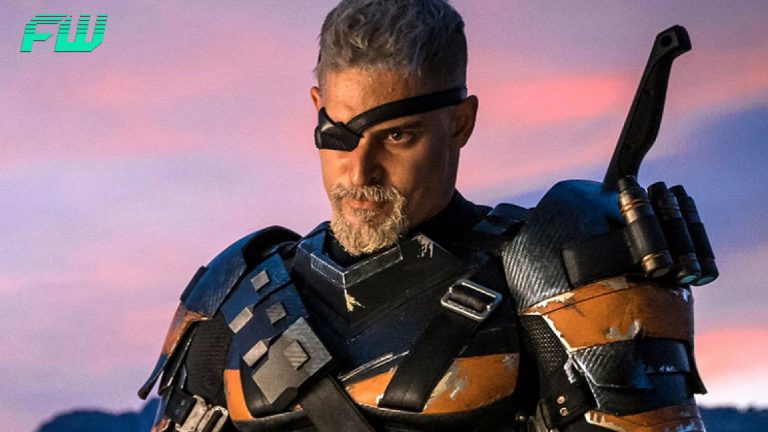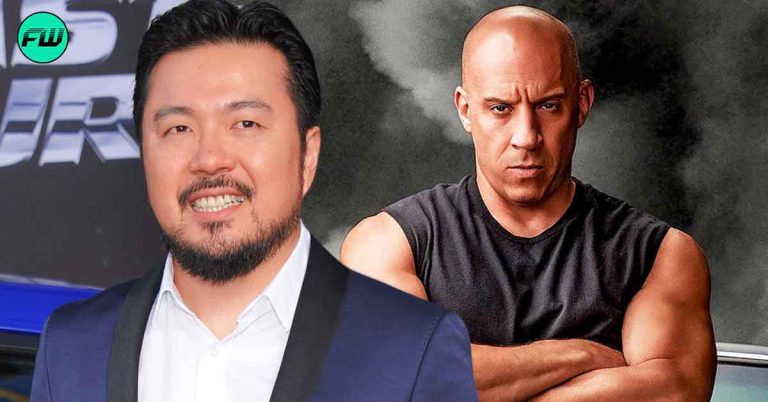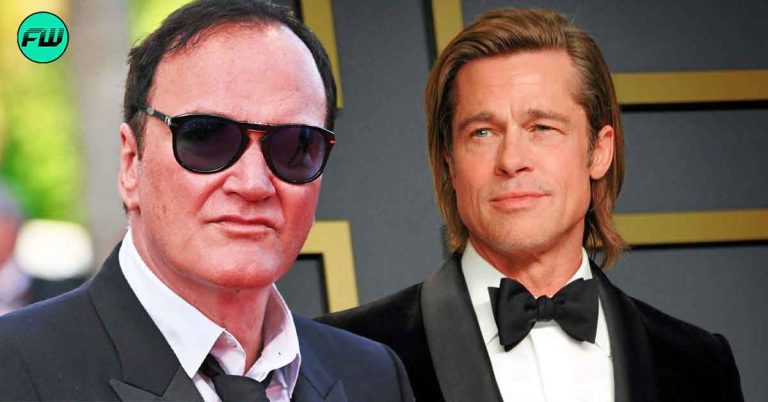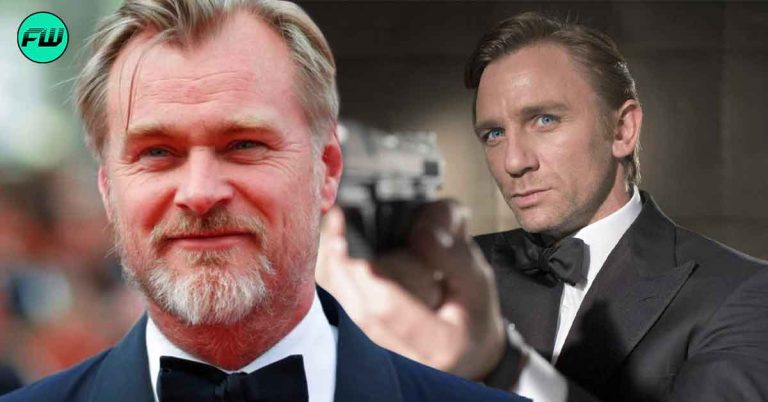Quick View
Actor Johnny Depp became a pop cultural icon after starring as Captain Jack Sparrow in the Pirates of the Caribbean franchise. Director Gore Verbinski and Depp created a world that was equal parts entertaining and horrific. However, the duo have not been able to recreate that success with their subsequent collaborations.
Their next live-action adventure film The Lone Ranger became one of the biggest box office bombs in history and resulted in huge losses for Disney. However, the film found an unlikely fan in director Quentin Tarantino, who loved the film in parts. But even he felt that the film was too violent for his taste.
Production Problems on Johnny Depp’s The Lone Ranger
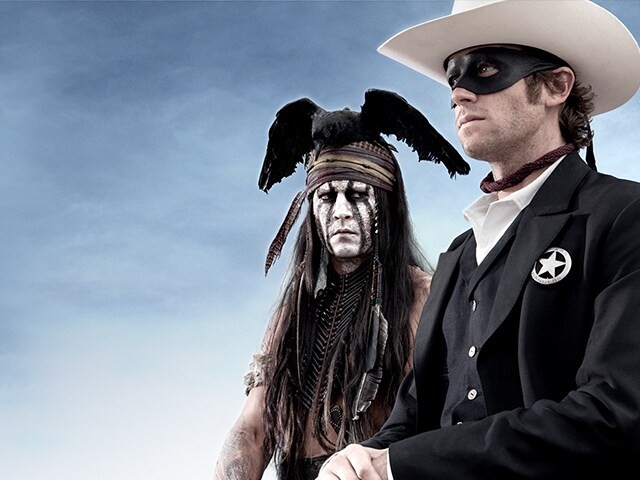
Based on the iconic character from a radio show and a book series, an updated cinematic adaptation of The Lone Ranger had been in the works since 2002 by Columbia Pictures. After numerous script rewrites, the film was stuck in development hell and the rights were eventually sold to Jerry Bruckheimer, who brought it to Walt Disney Pictures.
The writing team behind the Pirates franchise Ted Elliott and Terry Rossio were attached to write the screenplay, reuniting with Bruckheimer. Johnny Depp was confirmed to be playing the Native American character Tonto, with Gore Verbinski directing. Armie Hammer was cast as the titular Lone Ranger, as Verbinski wanted someone who resembled a young Jimmy Stewart.
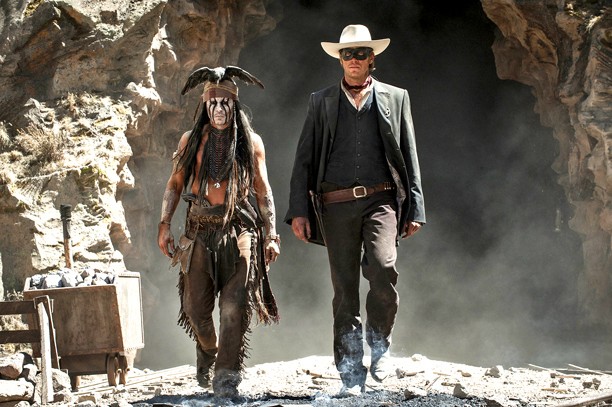
However, the film ran into issues again as Disney cited budgetary concerns. The film was put on the back burner before Verbinski, Depp, Bruckheimer, and Hammer reduced 20% of their salary to save production costs. During filming, the team encountered several problems such as a chicken pox outbreak, harsh weather, wildfires, and the tragic death of a crew member.
The Lone Ranger was finally released to extremely negative reviews and was a disaster at the box office. While the performance of Depp was praised, the rest of the film was criticized for its screenplay. The film earned only $260 million against an approximate production budget of $250 million.
Quentin Tarantino On the Violence In The Lone Ranger
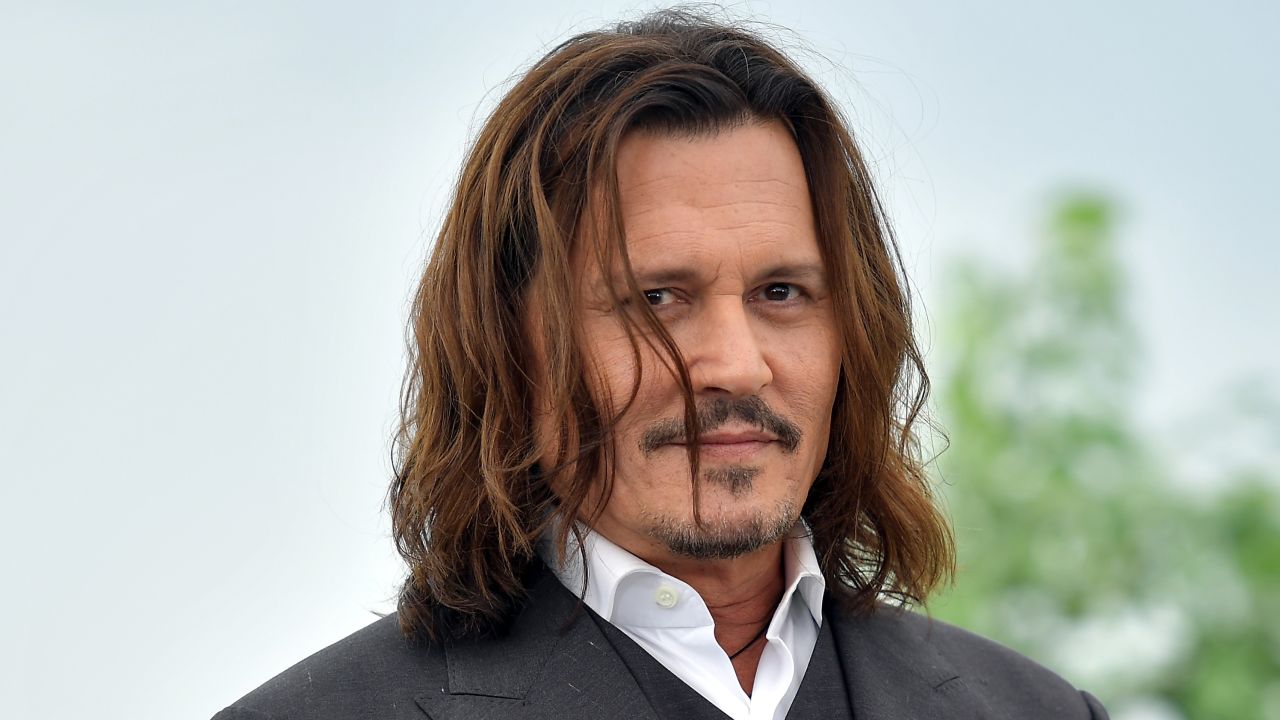
Johnny Depp was disappointed with the way the industry reacted to The Lone Ranger and even mentioned that the criticisms of the movie were biased. He claimed that the American critics were responsible for the failure of the film and openly called them out on their bias towards the team behind the film. According to Variety, Depp said,
“I think the reviews were written seven to eight months before we released the film…I think the reviews were written when they heard Gore and Jerry and [I] were going to do ‘The Lone Ranger’. They had expectations that it must be a blockbuster. I didn’t have any expectations of that. I never do.”
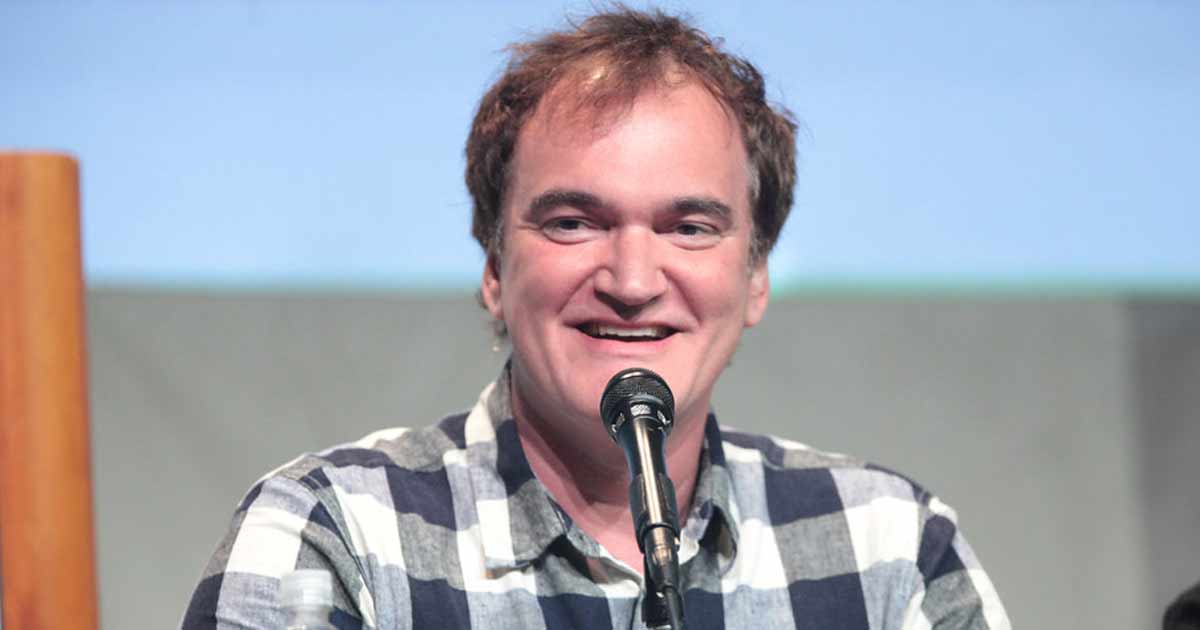
However, the hated film gained an unlikely fan in the form of Quentin Tarantino, who placed the film in his top ten list of best films of 2013. When asked why he chose the critical and commercial disaster, he said that it was promising with a great opening and even lauded the train scene in the film. But he mentioned that he had issues with one aspect and that was the Johnny Depp character Tonto’s backstory. He said to Les Inrockuptibles (via IndieWire),
“I like Tonto’s backstory—the idea that his tribe got slaughtered because of him; that’s a real comic-book thing. But the slaughter of the tribe, by gunfire, from the cavalry, it left a bitter taste in my mouth…The Indians have really been victims of genocide. So slaughtering them again in an entertaining movie, Buster Keaton style… That ruined the fun a bit for me. I simply found it…ugly.”
The director, who is known for films such as Kill Bill, Pulp Fiction, Django Unchained, and Inglorious Basterds, said that he had an issue with the way they glamorized the violence on the Native American tribe. Tarantino has always defended his use of excessive and exaggerated violence in his films, saying that it does not influence anyone and also claimed that they were “just too much fun”. However, even he could not stomach the massacre that Johnny Depp’s character went through.
Source: Les Inrockuptibles (via IndieWire)

